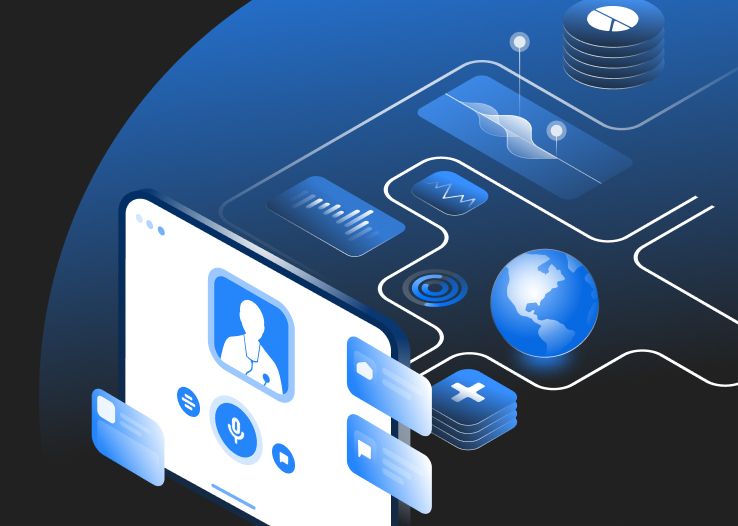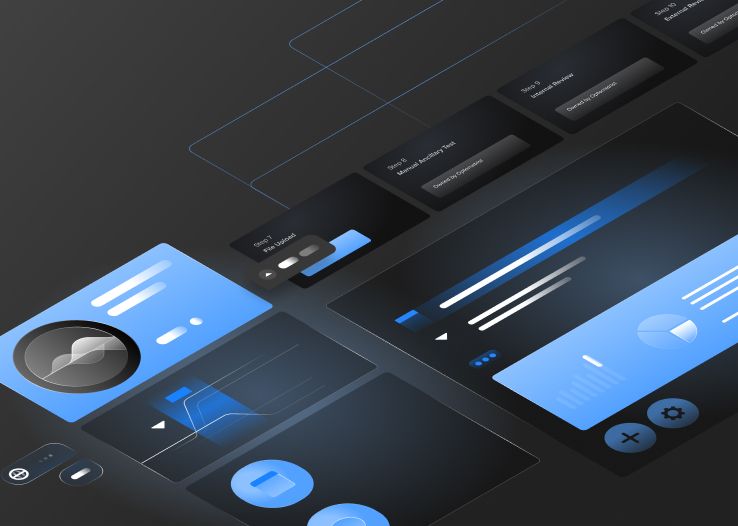We are living in an era of immense personalization. Thanks to data-driven insights, nearly every digital - and increasingly physical - experience we have is tailored to our needs, wants and interests. Healthcare is no exception and the integration of patient-centered solutions into daily life is boosting outcomes.
The healthcare of today and tomorrow is holistically designed around the individual. From chronic condition management to mental health and beyond, sensors, wearables, digital therapeutics and other emerging technologies are becoming an indispensable part of the healthcare experience comprising the basis of the quantified self.
And, it doesn’t just benefit patients. Payers, device manufacturers, Pharma and even cross-sectors are seeing better utilization of data, increased efficiency and new business opportunities thanks to personal healthcare services.
The rise of personalized care
Today's healthcare is increasingly designed around a personalized approach and patient-centered medicine. Stakeholders across the ecosystem are prescribing and even incentivizing the use of medical and non-medical grade devices and digital solutions to help people live more productive, healthier lives.
Personalized digital care can take many forms, including:
- Wearables, monitoring and sensors devices
- Digital therapeutics
- Chronic condition management apps
- Med delivery and adherence devices
What we're seeing is a virtuous cycle of industry change drivers such as decentralization and the shift toward value-based care promoting the further development and utilization of these technologies. These tech advancements are, in turn, further establishing these trends.
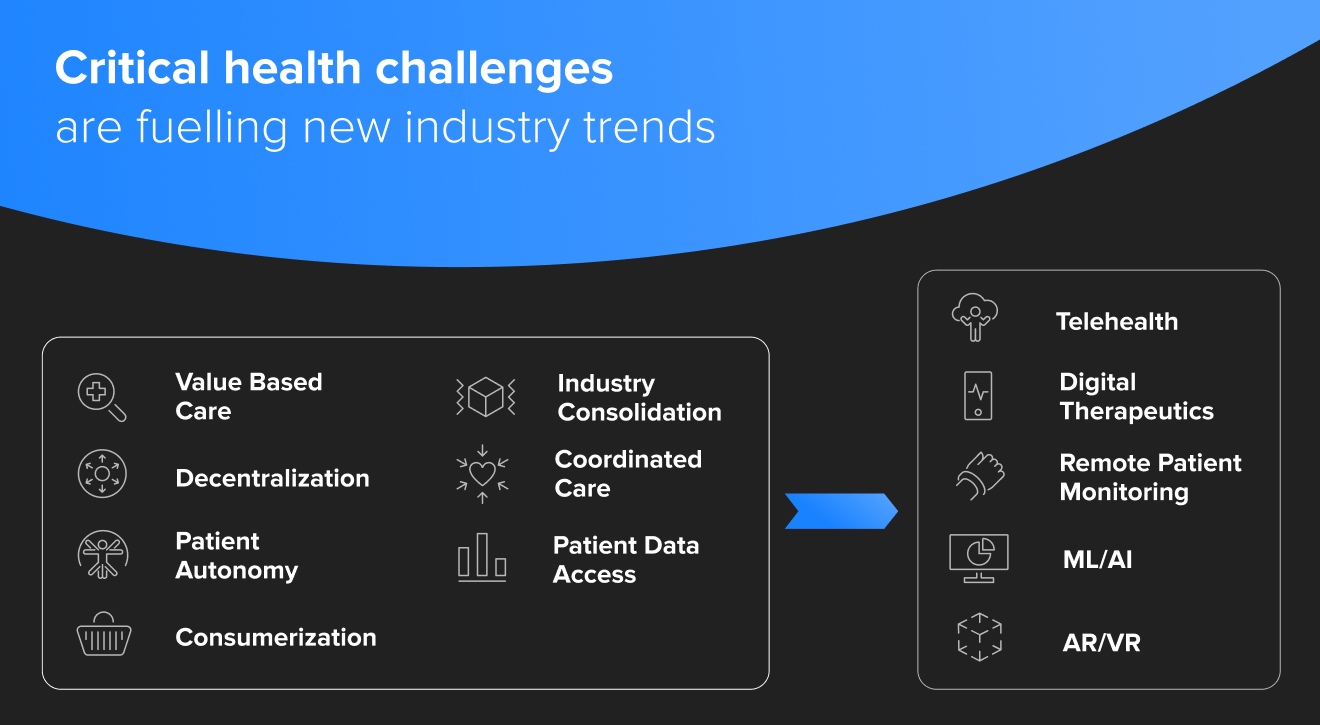
With the continued evolution of medicine and the rise of AI-driven technologies, personalization and its consumerization will become further entrenched as primary characteristics of care delivery.
How personalization is driving in-home health
The past year has taught us just how important in-home health is for care delivery. It’s no longer the model for some distant future. The widespread and COVID-fueled adoption of telehealth has pushed more and more care to take place in the home. This is absolutely essential for navigating some of healthcare's largest challenges including our rapidly aging population (approx. 10,000 people turn 65 every day in the US) and healthcare worker shortages.
Let's take a look at any of the connected healthcare products you can find in the home today. Smart toothbrushes are one example that we particularly like at Star because they are something already integrated into daily lives, but we are now doing more with it. Smart toothbrushes have a variety of features. They can check whether you're holding the toothbrush at the right angle, brushing enough times per day and more to assist in oral care. Most importantly, they are relatively frictionless so people enjoy using them.
Consumer-grade products like these have already gained traction with payers and other industry stakeholders. Dental insurance companies like Beam, for example, offer lower premiums just for using one of their smart brushes. Overall, what will continue to see is the rise of both medical and non-medical grade devices and software as the home increasingly becomes the primary stage of care delivery.
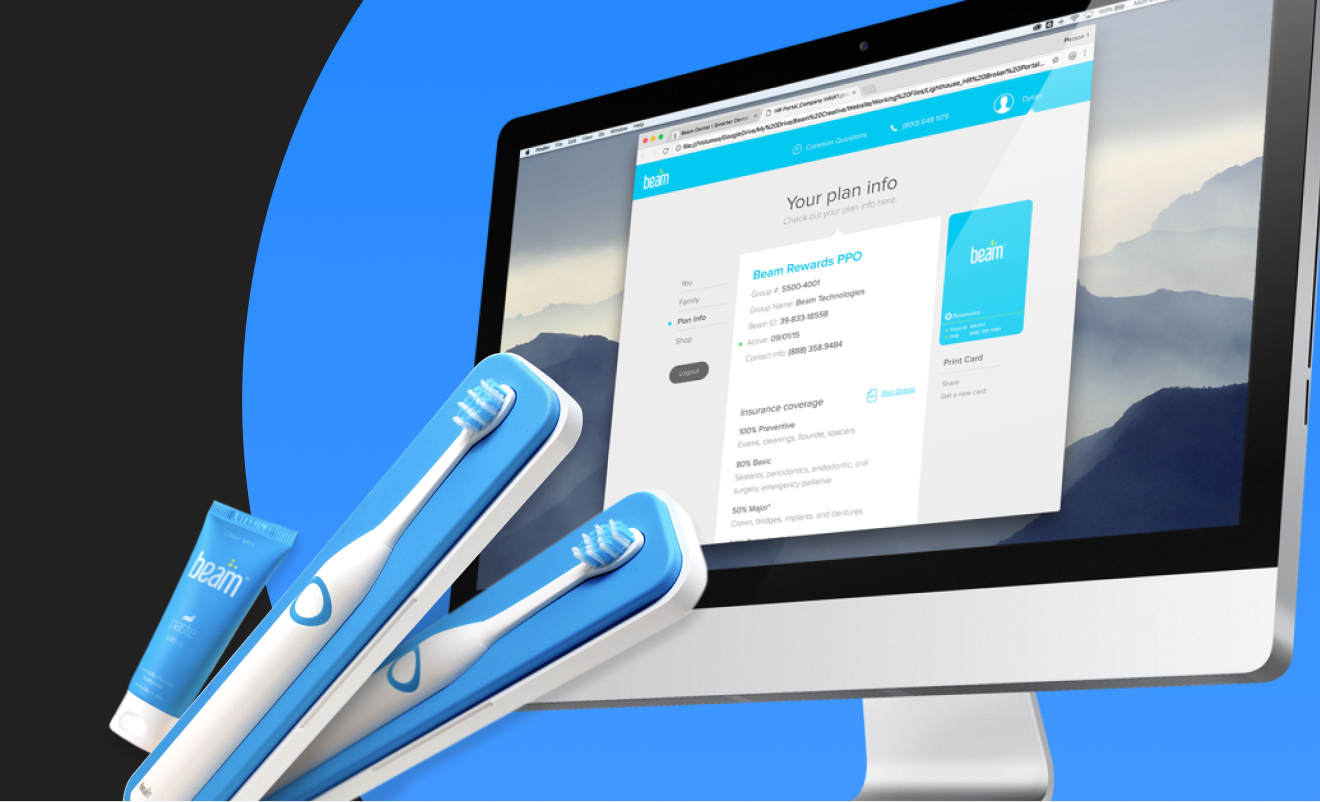
What personalization means for medical device manufacturers
It's not an overstatement to say personalization is fueling a healthcare device renaissance. We're seeing a convergence of consumer technologies steadily approaching medical grade capabilities while medical devices have become steadily more consumer-friendly.
Importantly, the lines separating a medical device and a non-medical one are getting increasingly fine. There is a broad swathe of chronic condition and other health management tools out there that have navigated Payer support without it. Smoking cessation app Clickotine is just one illustration of this. Although it doesn’t make any treatment claims - and thus doesn’t need FDA clearance - it does link up with reimbursements and rewards from health insurance providers.
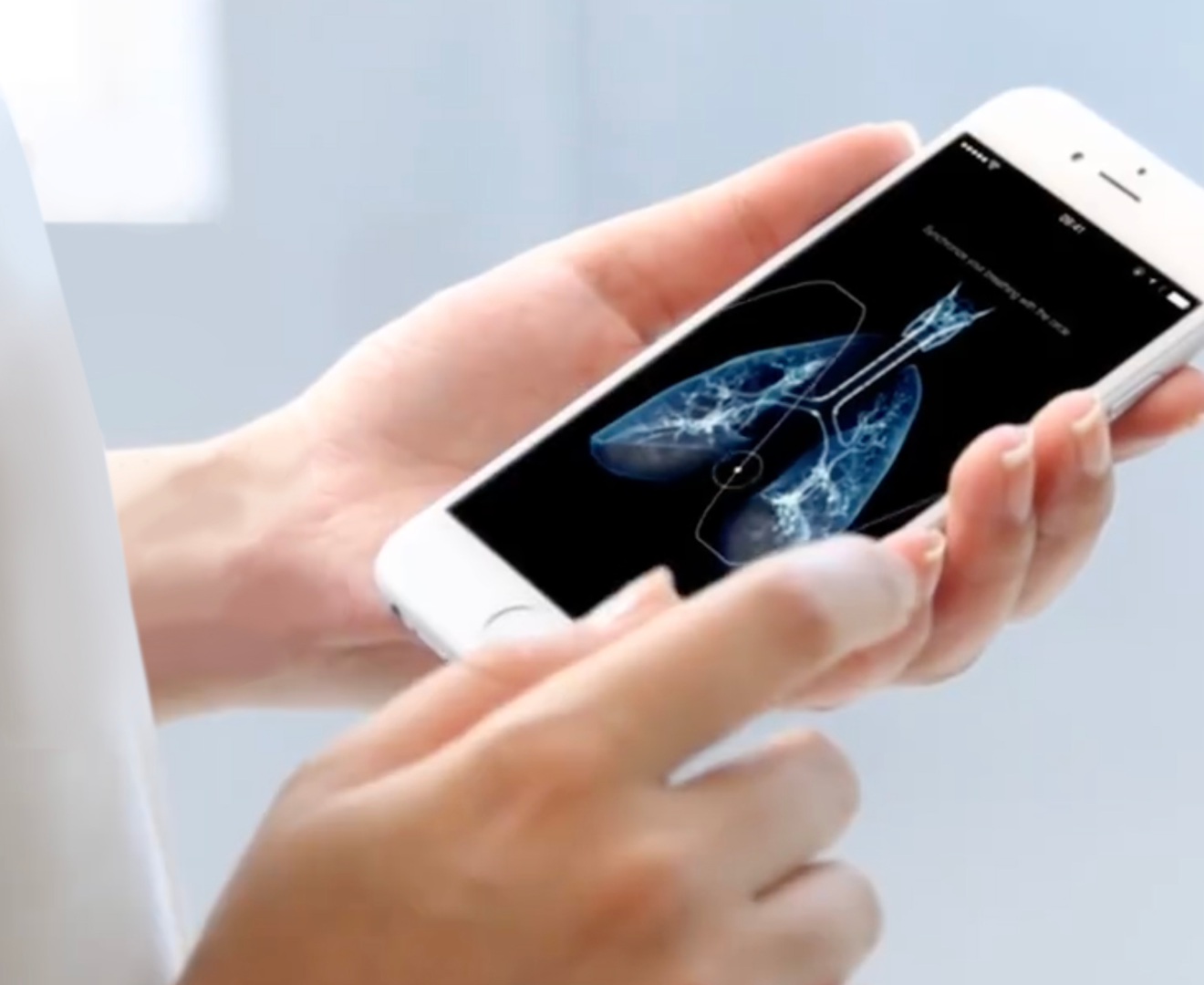
Overall, we’ve seen a general relaxation of regulations around digital health products. Twenty years ago, so many healthcare products were automatically deemed medical devices.
Some products simply don't have to go through that med device approval pipeline. It means lower investment costs, quicker time to market and a better ability to iterate and refine your product. This also opens the door to hybrid approaches like Omada, Pear and other DTX (digital therapeutics) providers who first brought their product to market, established a user base and then started navigating FDA approval.
Personalization and Pharma
Speaking of DTX, Pharma has an incredible opportunity to leverage it to deliver cost-effective digital patient-centered solutions. The average cost of developing a new drug is over $1 billion. Software-as-a-medical device and digital therapeutic solutions, on the other hand, can offer near-term wins at a fraction of the price of developing a new drug.
While Pharma companies may want to keep some DTx solutions at arm's length, there is so much they can do with digital health technologies. Foremost is medication adherence.
This is where we at Star see the massive potential of voice and virtual assistants. With our aging population, tools like these are essential for people to live healthier and more independent lives, especially for those with conditions like Alzheimer's and memory loss. For Pharma, creating intuitive applications to augment the therapies they offer is hugely impactful for improving adherence and saving lives.

The role of data and AI
Whether you're a device manufacturer, retailer, Pharma, cross-sector or any other player, leveraging data insights, which is something everybody in the ecosystem can benefit from. Data enables this personalization and the rise of patient-centric care. Data is also the backbone of AI healthcare applications.
The ability to incorporate and leverage AI helps people manage their health conditions and enables providers to be a constant part of that journey. Right now, a patient with a chronic disease only spends on average 1% of their time with their physicians. AI-powered tools enable healthcare professionals to increase facetime with patients and better monitor their patients over time.
From the patient perspective, this is vital for extending in-home health and giving people the tools they need. Meanwhile, for physicians, AI tools are essential for combatting dashboard fatigue. Instead of counting clicks, we can optimize workflows, boost their engagement and improve outcomes.
This technology is already quite mature. Take radiology scans. AI is already reviewing image scans, helping with transcription, and setting appointments and we are only at the beginning of how it will transform healthcare.
Delivering healthcare innovation with AI solutions
Start harnessing AI-powered healthtech.
The future of personalized medicine
Things will evolve quickly during the next decade. We can already imagine wearables being supplanted by other tools like passive sensors, biometrics and other innovations. You don't even have to look far into the future to do so.
Products like Anura are already on the market. Anura allows you to use your smartphone camera to take a very special selfie that can measure:
- Heart rate
- Irregular heartbeats
- Breathing rate
- Blood pressure
- Heart rate variability
- Stress level
- Cardiovascular disease risks
Best of all, anybody can download this in the App Store right now and get a sense of just how quickly digital health is evolving.
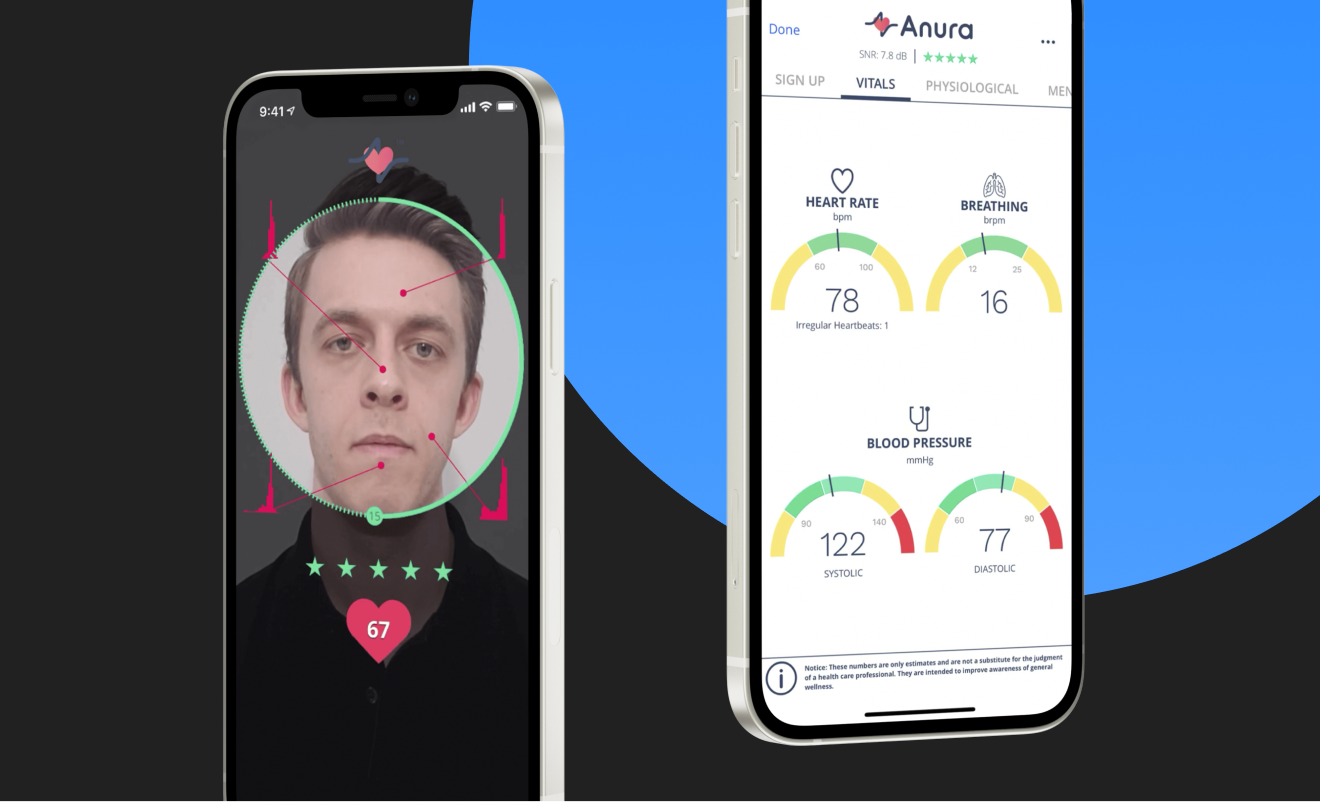
Another technology we’re really excited about is spatial computing. Magic Leap is the next evolution in computing bringing 3D digital content and collaboration that can break the barriers that geography once created for healthcare.
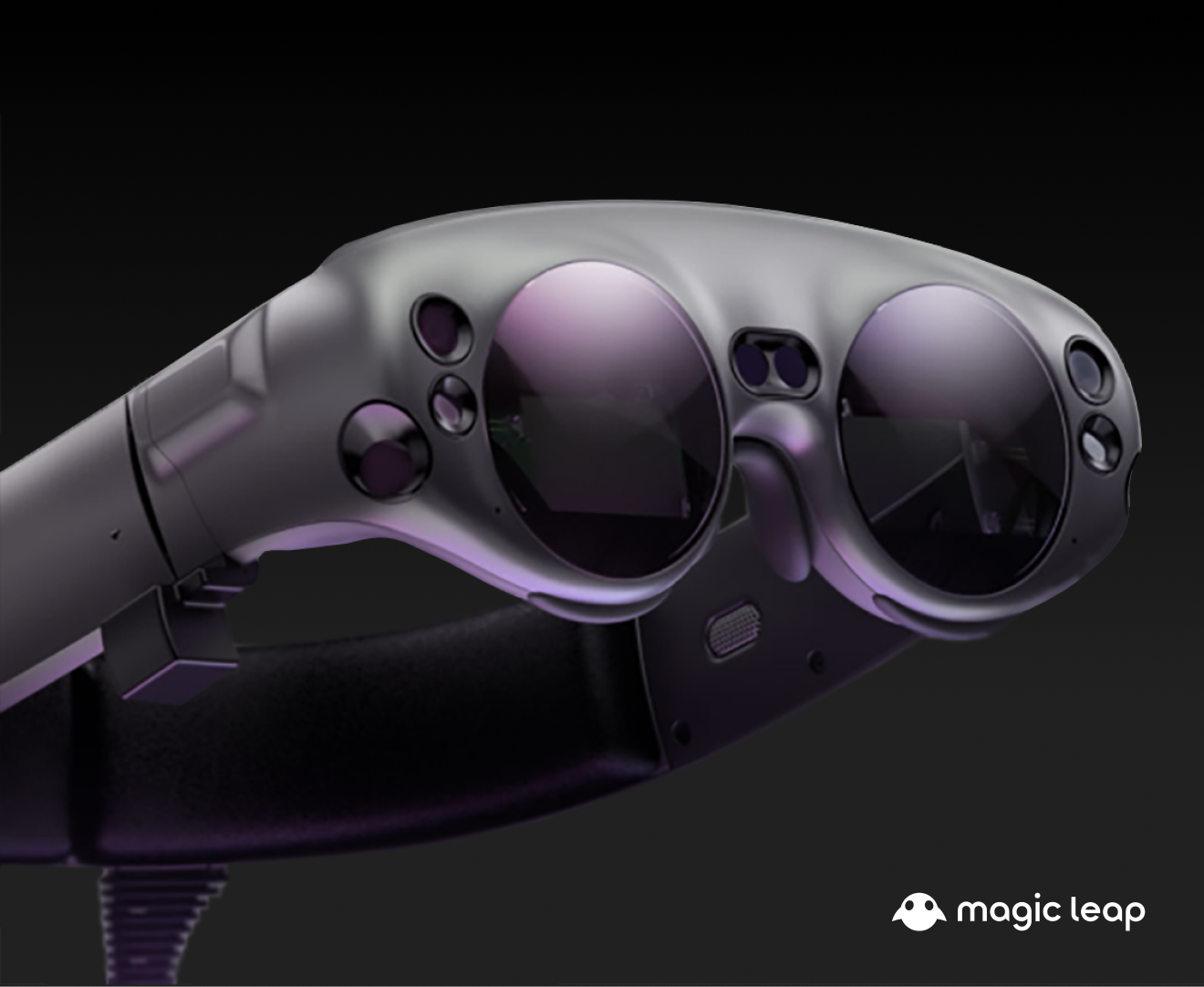
It's the same with other technologies. Voice biomarkers, smart mirrors and other futuristic technologies are already here. Now it's time to understand how to leverage them, integrate data flows and find the right partners to create scalable patient-centric health solutions.
How to start leveraging personalized care
We work with a lot of companies looking to leverage digital health tools. In some cases, they are established by retailers like ZEISS, while others are cross-sector firms looking to do something impactful in the health space like One Concern.
While your specific path to market will vary, you can start building a strong foundation for patient-centered care by following these fundamental steps:
- Immerse: Research the marketplace, validate your hypothesis and ensure need before you build.
- Research: Understand what constraints you face and whether what you're building will be classified as a medical device or not. Sometimes in this space, you can't avoid it. In other instances, it may be just one feature that makes the difference.
- Ideate: Start the first iteration of the design and test that with your market, user testing, make sure the market is ready to adopt the patient.
- Conceptualize and Validate: Listen to the validation. If the product doesn't work, don't go further with it. If you identify your products as a med device, work with your regulatory bodies early and often. Don't build something that won't fly.
- Execute: Build and launch your healthcare solution to market.
No matter where you are on this journey, we provide support to our partners at every one of these stages and even beyond into post-market product management and future growth.
Image sources: Paratus People • AiCure


